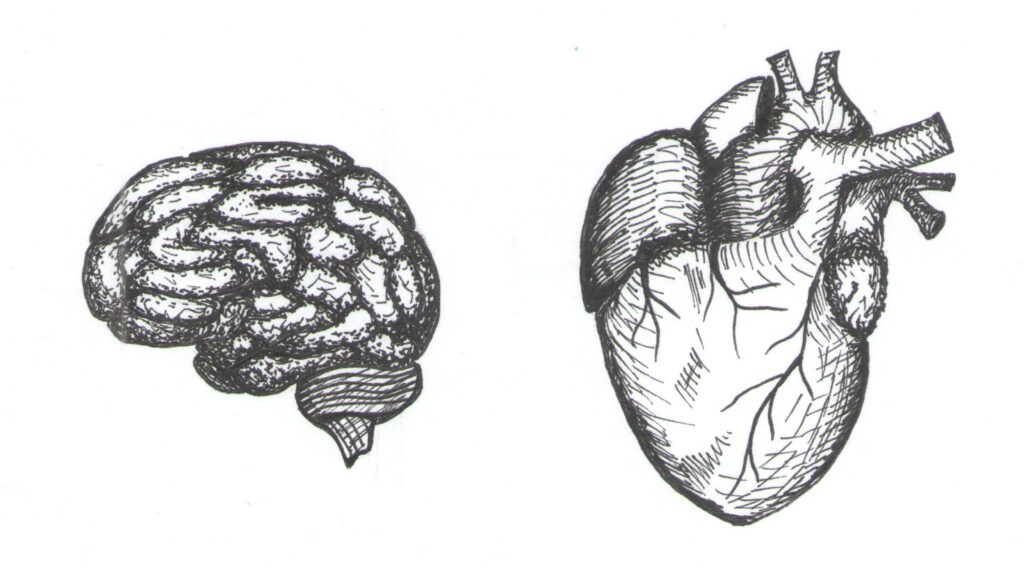
As a society we kind of have this obsession with intelligence. We admire people that are smart and even go so far as to build things that are smarter than us. Chess software engines like Stockfish that can basically waste any grandmaster.
We put intelligence on a pedestal and believe that it will solve all our problems. But a lot of our problems are not due to a lack of intelligence. A lot of our problems stem from charged emotions like jealousy, shame, fear, and anger. These unwanted emotional states often drive us to do unwise things.
I would argue that it is not that we need more intelligence but that really we need more emotional awareness and ultimately emotional integration.
While writing this post I came up with countless examples of why this is so, but when I started writing about the various problems that stem from unintegrated emotions, I kind of got discouraged. This post is not about the endless problems that we face as humanity, and it’s not about the problems that we face in our personal lives. This post is about realising that emotional awareness is more valuable than intelligence and that if we can come up with a system to process charged emotions we can also make progress in a meaningful way.
To cultivate any skill, say becoming good at math, requires us to first face and calm the emotional body. Have you ever tried to do complex math while highly upset or anxious? I’ve failed two math exams at university because I had an anxiety attack in the middle of the test. It would not have mattered if I had access to Einstein’s intelligence during those tests. I was too emotionally activated to apply any knowledge in those moments.
To finish any creative project also requires us to become aware of the fears and unease that lurk beneath the surface. It’s hard to create good art if you’re constantly distracted by uncomfortable emotions.
Stephen King in On Writing talks about how, when he was a kid, he made a “novel” based on a horror film that he’d seen. His short novel was eight pages long, and self-published by using a drum press. King sold these stories to fellow students at the school and ended up making quite a bit of cash. Unfortunately, one of his teachers found out and made him give back all the money that he’d made and also attacked him on the quality of his content. King is very clear about how that incident made him feel. He writes: “I was ashamed. I have spent a good many years since—too many, I think—being ashamed about what I write.”
I’ve definitely had similar experiences with my writing.
I recently finished a story that took me multiple years to write. There were scenes in that story which were insanely uncomfortable to write because a family member had given me fairly negative (and from my perspective unfair) feedback on one of my earlier drafts. I had to face my sense of unfairness, self-doubt, and plain unpleasantness about it all again and again. The unease became less over time, but it didn’t go away by itself. I had to look at it and be with it. Intelligence didn’t help me with this. But awareness did.
I wanted to write this post because I’ve also fallen into this trap of thinking, I wish I was smarter, more talented, more creative, more whatever. But I’ve found that it is not a lack of those that keep me from creating things. It’s really only uncomfortable emotions and mental distractions that keep me from filling the blank page. From doing the work that matters. I’ve also found that if I can be with the discomfort for a while, if I can face whatever is there, look deeply at it without running away, I can come back to the writing. I can come back to what matters. Some of the difficulty dissolves over time and occasionally some other charge will challenge me. The journey is never said and done, but this is not the point. The point is that emotional processing really does help us move forward in a beneficial way.
This is why emotional awareness matters more than intelligence. If we can face ourselves and face the buried emotions that drive us to procrastinate, self-sabotage, fight, and repeat bad patterns, we can tap into our potential.
One thought on “Why emotional awareness matters more than intelligence”